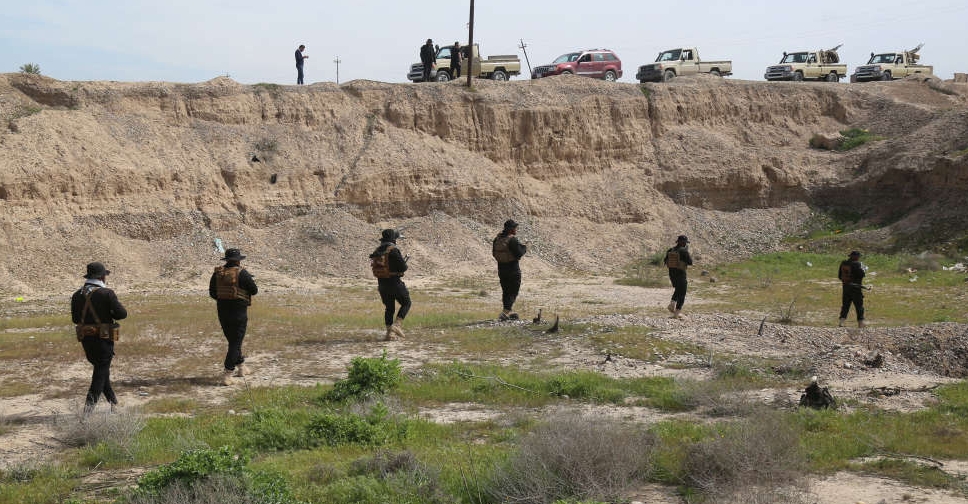
A United Nations mission set up to help Iraq investigate alleged IS genocide and war crimes is being forced to shut prematurely before it can finish its probes, following a souring of its relationship with the Iraqi government.
The removal of the UN mission set up in 2017 comes nearly a decade after the extremist group rampaged across Syria and Iraq and at a time when many of the IS's victims still live displaced in camps and long for justice.
"Is the work done? Not yet, this is pretty clear," Christian Ritscher, head of the UN Investigative Team to Promote Accountability for Crimes Committed by Daesh (UNITAD), told Reuters in an interview.
"We need more time... If you look at an end-date of September 2024, we will not achieve a completion of all investigative lines, nor other projects such as creating a central archive for millions of pieces of evidence," he said.
Ritscher was speaking at length about the closure for the first time since the UN Security Council in September renewed the agency's mandate for only one final year at Iraq's request.
UNITAD's international backers and donors had expected its work would continue for several more years.
Critics of Iraq's decision to end the mission say it will hamper efforts to hold more members of IS accountable after UNITAD contributed to at least three convictions on charges of genocide and other international crimes in Germany and Portugal.
They also say it casts doubt on Iraq's commitment to holding IS members accountable for such crimes at home, at a time when the vast majority of convictions in Iraq are made for simple membership of a terrorist organisation, rather than specific crimes such as abuse or slavery.
From Iraq's perspective, UNITAD was no longer needed and had not successfully cooperated with Iraqi authorities, Farhad Alaaldin, foreign affairs adviser to the prime minister, told Reuters.
"In our view, the mission has ended and we appreciate the work that has been done and it's time to move on," he said, noting the mission "didn't respond to repeated requests for sharing evidence" and must now do so before it ends.
 UK inquiry finds 'chilling' cover-up of infected blood scandal
UK inquiry finds 'chilling' cover-up of infected blood scandal
 Iranian President Raisi killed in helicopter accident, state media says
Iranian President Raisi killed in helicopter accident, state media says
 ICC prosecutor seeks arrest warrants for Israeli, Hamas leaders
ICC prosecutor seeks arrest warrants for Israeli, Hamas leaders
 Assange given permission to appeal against US extradition
Assange given permission to appeal against US extradition
 Israel intends to broaden Rafah sweep, Defence Minister tells US
Israel intends to broaden Rafah sweep, Defence Minister tells US




